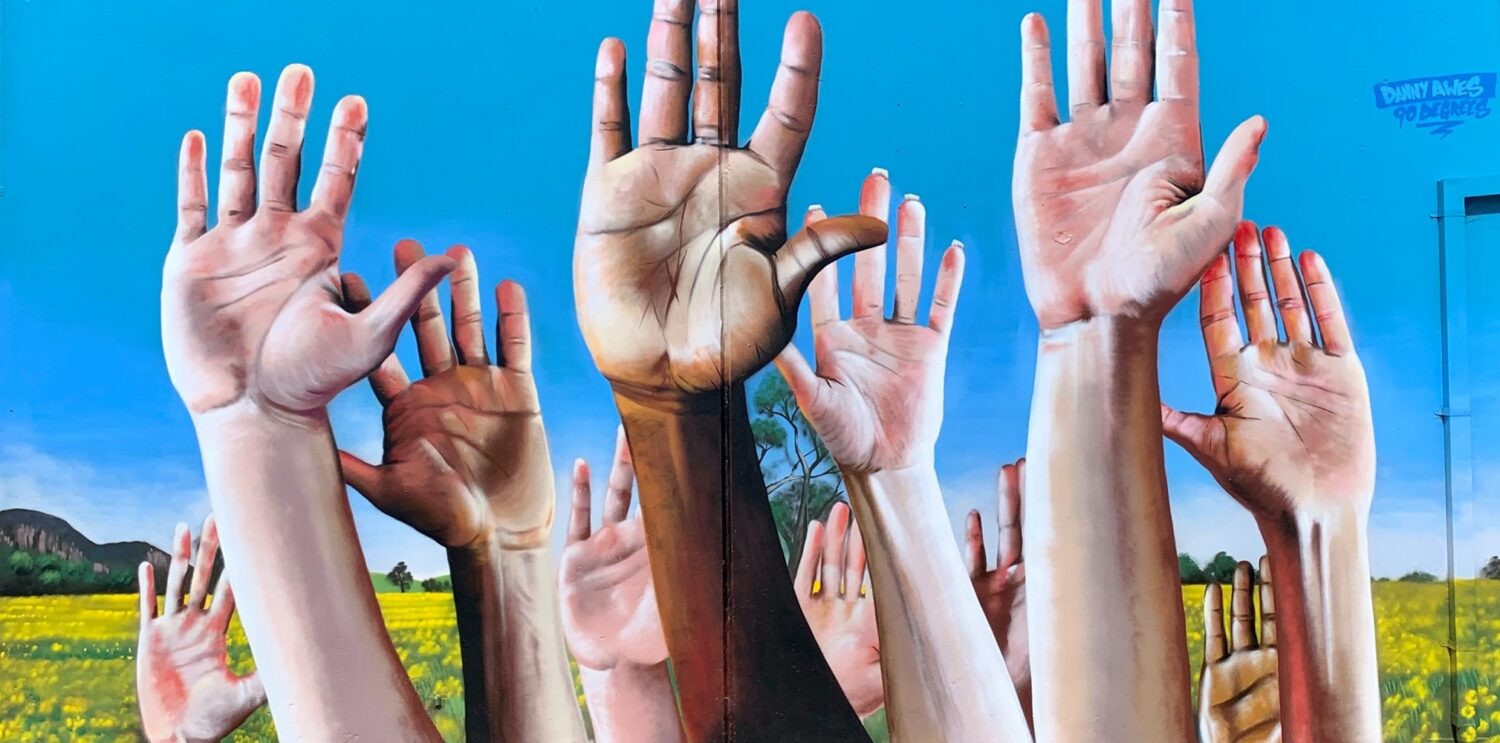The volunteering support sector is a crucial part of society, but its traditional focus on
‘volunteering’ alone limits its potential to build social cohesion and promote community
development. To truly make a difference, we must expand our understanding of
participation beyond the narrow definition of volunteering and embrace a broader, more
inclusive perspective.
By recognising participation as a continuum of actions, we can shift our focus towards
building stronger, more connected communities that are empowered to take action in their
own right. This approach is in line with the principles of asset-based community
development (ABCD), which emphasises the strengths and capacities of individuals and
communities rather than their needs and deficits.
However, traditional forms of support for volunteering tend to be transactional and focused
on historical ideals, which may limit their ability to facilitate genuine participation and social
cohesion. To overcome these limitations, we must develop more flexible and inclusive
approaches that recognise the many different forms of mutual support and participation
that exist in our communities.
For example, we must be aware that many vulnerable groups may face barriers to
traditional forms of volunteering, such as financial constraints, limited mobility, or cultural
barriers. By expanding our understanding of participation, we can work to identify and
support alternative forms of community engagement that are more accessible and inclusive.
Furthermore, we must be mindful of the power dynamics that can arise when volunteers
from more privileged backgrounds engage with vulnerable groups. This can unintentionally
reinforce existing inequalities and limit the potential for genuine social cohesion. Instead,
we should strive to empower all members of our communities to participate and contribute
in their own unique ways, building relationships and connections that are grounded in
equality and respect.
The volunteering support sector has a vital role to play in building social
cohesion and promoting community development. To achieve this, we must expand our
understanding of participation beyond the narrow definition of volunteering, embrace a
more inclusive and flexible approach, and work to empower all members of our
communities to take action in their own right.


